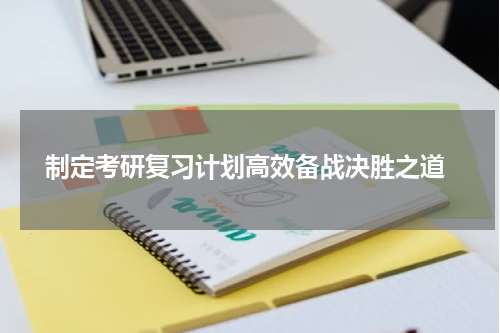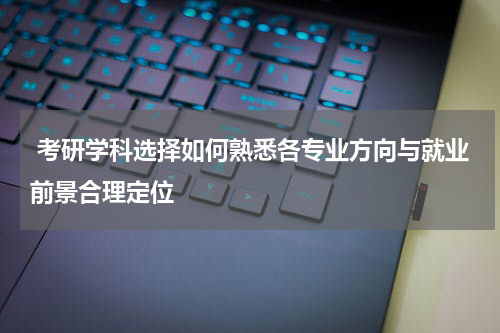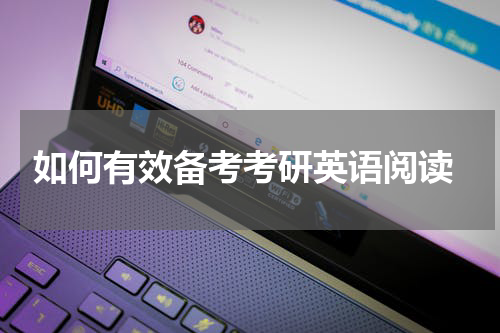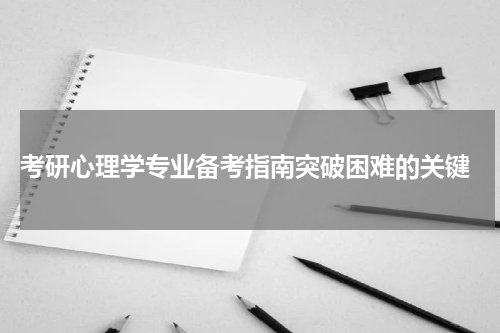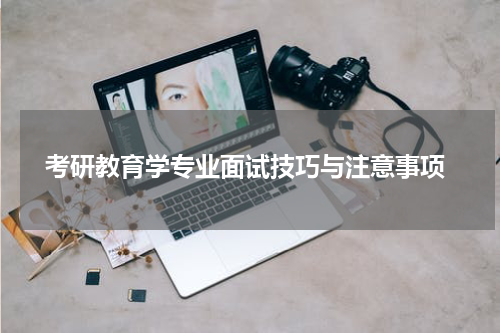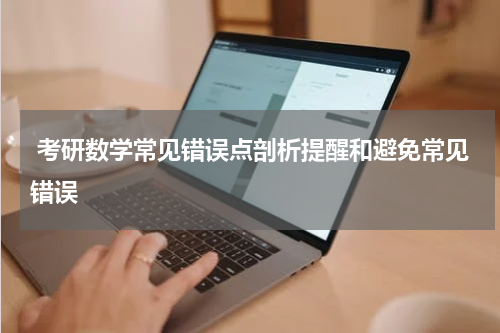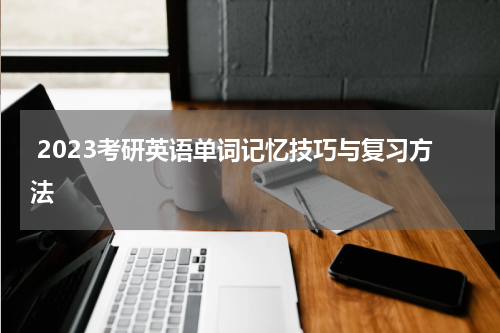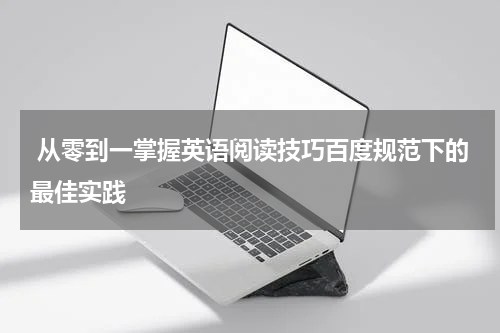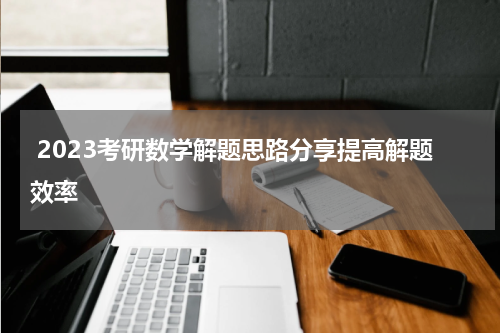一般建议可以在开头、结尾或整篇文章散布。对于写作部分会用到的固定搭配或是固定句型也要有所了解。一般来说,一个段落可以包括提纲扩展、例证、对比和总结。可以借用一些优秀范文中的写作技巧和句型,来提高自己的写作能力。
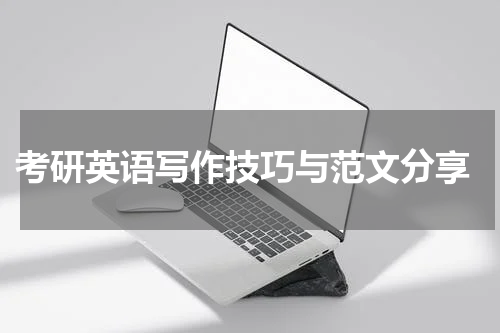
考研英语写作是考研考试中非常重要的一部分,下面给大家分享一些考研英语写作的技巧以及一些范文,希望能对大家的考研备考有所帮助。
一、考研英语写作技巧:
1.掌握范文结构:写作要求分析类似的技巧、经验或现象等,接着展开原因、作用等的阐述,最后结尾可加上建议。一般建议可以在开头、结尾或整篇文章散布。
2.丰富的词汇:辅以一些高频的词汇和表达,可以通过背诵、模仿和运用进行提高。对于写作部分会用到的固定搭配或是固定句型也要有所了解。
3.段落的设置:写作中一个段落的结构会影响整篇文章的逻辑性和严密性。一般来说,一个段落可以包括提纲扩展、例证、对比和总结。
4.突出主题句和中心思想:每一个段落都应该有一个主题句,并通过例子或是解释来提供相关信息。在写作中,建议考生在开头和结尾都修改一下,以此来突出中心思想。
5.多阅读,多模仿:考生可以通过多读范文和其他优秀的文章来提高自己的写作水平。可以借用一些优秀范文中的写作技巧和句型,来提高自己的写作能力。
二、范文分享:
范文一:
Topic: It is more beneficial for students to go on field trips than to stay in the classroom.
Field trips offer students a valuable opportunity to learn outside the classroom and apply their knowledge to real-life situations. They provide firsthand experience and enable students to see how theories and concepts work in practice. As a result, field trips can be more beneficial for students than classroom learning.
One advantage of field trips is that they offer students a chance to see things that may not be possible in a classroom setting. For example, a history class might visit a historical site to understand the significance of certain events. This firsthand experience deepens students' understanding of the subject matter and makes it easier to remember and recall in the future.
Another advantage of field trips is that they help students apply theoretical knowledge to practical situations. In a science class, for instance, students can visit a laboratory to conduct experiments and observe scientific phenomena. This hands-on experience allows students to see how scientific principles work in real life, strengthening their comprehension and problem-solving skills.
Furthermore, field trips can also promote students' teamwork and interpersonal skills. By participating in group activities during field trips, students learn how to communicate effectively with others, cooperate, and work towards a common goal. These skills are crucial for their future careers and personal development.
In conclusion, field trips offer students a valuable opportunity to learn outside the classroom and apply their knowledge in real-life situations. They enable students to see things that may not be possible in a classroom setting and help them apply theoretical knowledge to practical situations. Furthermore, field trips can promote teamwork and interpersonal skills. Therefore, field trips are more beneficial for students than classroom learning.
范文二:
Topic: Discuss the advantages and disadvantages of using technology in education.
Technology has transformed various aspects of our lives, including education. It is undeniable that the use of technology in education has both advantages and disadvantages.
One advantage of using technology in education is that it makes learning more interactive and engaging. With the help of technology, teachers can create multimedia presentations, videos, and interactive online exercises to make learning more interesting. This can increase students' motivation and actively engage them in the learning process.
Another advantage of using technology in education is that it provides access to a vast amount of information and resources. The internet allows students to access online libraries, research databases, and educational websites, which can enhance their learning and provide them with additional materials and information.
However, the use of technology in education also has its disadvantages. One major disadvantage is that it can be a distraction. With the availability of social media, online games, and other forms of entertainment, students may easily be distracted from their studies. This can lead to a decrease in their attention span and overall academic performance.
Another disadvantage of using technology in education is the cost. The implementation and maintenance of technological infrastructure, such as computers, software, and internet connections, can be expensive for educational institutions. This may limit access to technology and put certain students at a disadvantage.
In conclusion, the use of technology in education has advantages such as making learning more interactive and providing access to a vast amount of information. However, it also has disadvantages, including the potential for distraction and the cost of implementation. Therefore, it is important for educators to carefully consider the benefits and drawbacks of technology in education and use it in a way that maximizes its advantages while minimizing its disadvantages.

